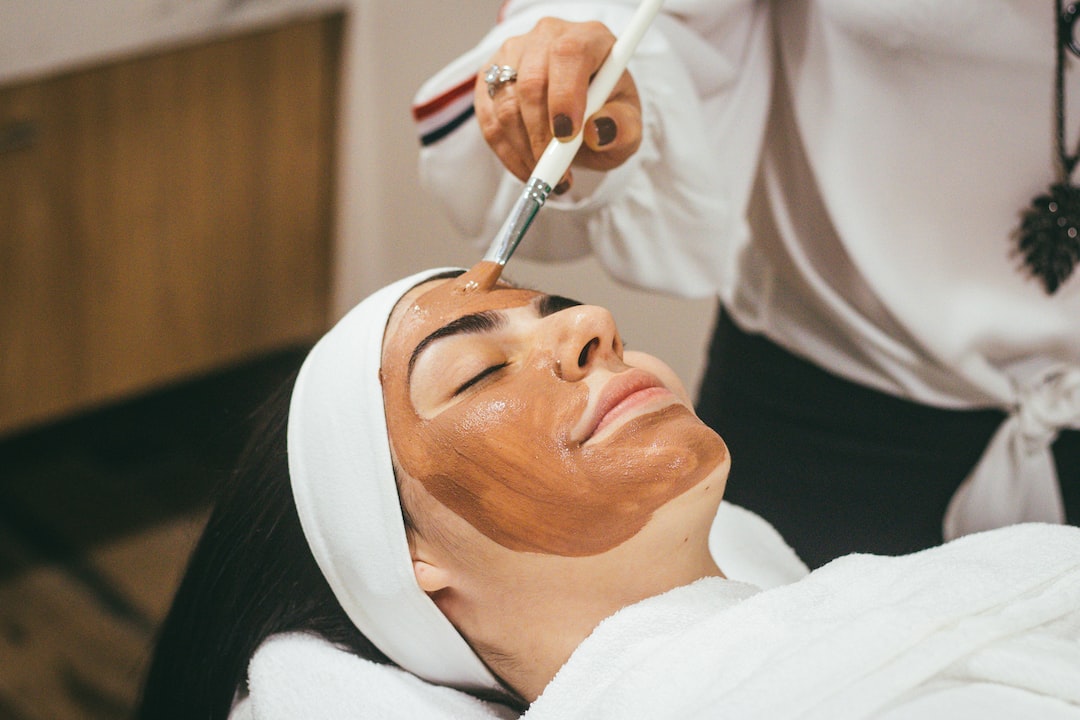As we age, our skin goes through numerous changes. The natural aging process, along with external factors such as sun exposure and pollution, can result in the appearance of fine lines, wrinkles, and age spots. While aging is a natural part of life, there are ways we can take care of our skin and minimize the signs of aging. One such way is by using the best beauty products specifically designed for aging skin. In this blog post, we will explore some of these products and their benefits.
1. Retinol-based products:
Retinol is a form of Vitamin A that has been proven to be effective in reducing fine lines and wrinkles. It works by encouraging cell turnover and stimulating collagen production. Regular use of retinol-based products can improve skin texture and even out skin tone. Look for products that contain retinol or retinoids and start with a low concentration to avoid skin irritation.
2. Hyaluronic acid serums:
Hyaluronic acid is a powerful ingredient that helps to hydrate and plump the skin. As we age, our skin loses moisture, which can contribute to the development of fine lines and wrinkles. Hyaluronic acid serums help to replenish moisture levels, giving the skin a more youthful appearance. Use a hyaluronic acid serum before applying moisturizer for extra hydration.
3. Antioxidant-rich creams:
Antioxidants are essential for protecting our skin from environmental damage caused by free radicals. Free radicals are unstable molecules that cause oxidative stress, leading to premature aging. Look for creams that contain antioxidants such as Vitamin C, Vitamin E, and green tea extract. These ingredients not only combat free radicals but also help to brighten the skin and reduce inflammation.
4. Sunscreen:
One of the best anti-aging products you can use is sunscreen. Protecting your skin from the harmful UV rays of the sun is crucial in preventing premature aging. Look for a broad-spectrum sunscreen with at least SPF 30 and apply it generously to all exposed areas of your skin. Make sunscreen a part of your daily skincare routine, even on cloudy days, to keep your skin protected.
5. Peptide creams:
Peptides are amino acids that play a vital role in cell communication and collagen production. Peptide creams work by stimulating collagen synthesis, which helps to improve skin elasticity and reduce the appearance of fine lines. Look for creams that contain peptides such as Matrixyl or Argireline for maximum anti-aging benefits.
6. Eye creams:
The delicate skin around our eyes tends to show signs of aging first. Dark circles, puffiness, and crow’s feet are common concerns for many individuals. Using an eye cream specifically formulated for aging skin can help to address these issues. Look for eye creams that contain ingredients like caffeine to reduce puffiness and peptides to improve skin elasticity.
7. Exfoliators:
Regular exfoliation is essential in removing dead skin cells and promoting cell turnover. As we age, our skin’s ability to shed dead cells decreases, leading to a dull, lackluster complexion. Choose gentle exfoliators that contain alpha-hydroxy acids (AHAs) or beta-hydroxy acids (BHAs) to reveal smoother, brighter skin. However, be mindful not to over-exfoliate, as it can cause irritation and damage the skin’s barrier.
It is important to note that while these beauty products can be beneficial for aging skin, results may vary depending on individual factors and the severity of aging signs. It is always recommended to consult with a dermatologist or skincare professional before incorporating any new products into your skincare routine.
In conclusion, taking care of our aging skin requires a dedicated skincare routine and the use of effective beauty products. Retinol-based products, hyaluronic acid serums, antioxidant-rich creams, sunscreen, peptide creams, eye creams, and exfoliators are some of the best products for aging skin. By incorporating these products into our daily skincare regimen, we can help to minimize the signs of aging and achieve a more youthful complexion. Remember, aging is a natural process, and embracing our skin’s journey is equally important as taking care of it.

